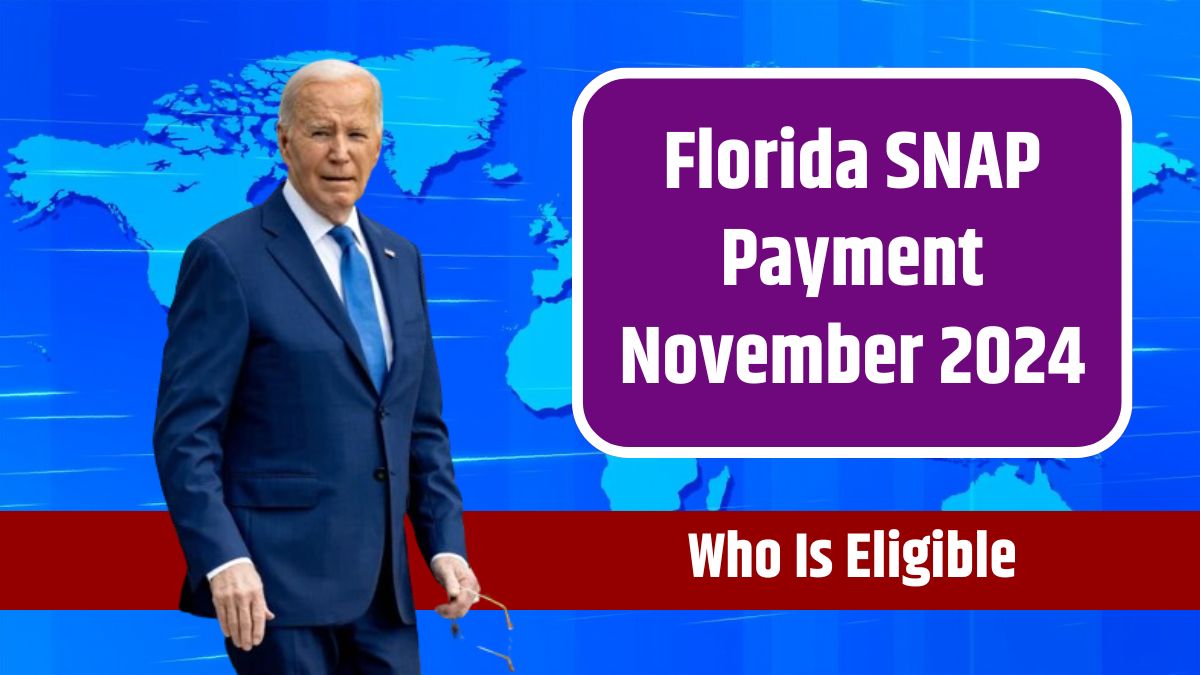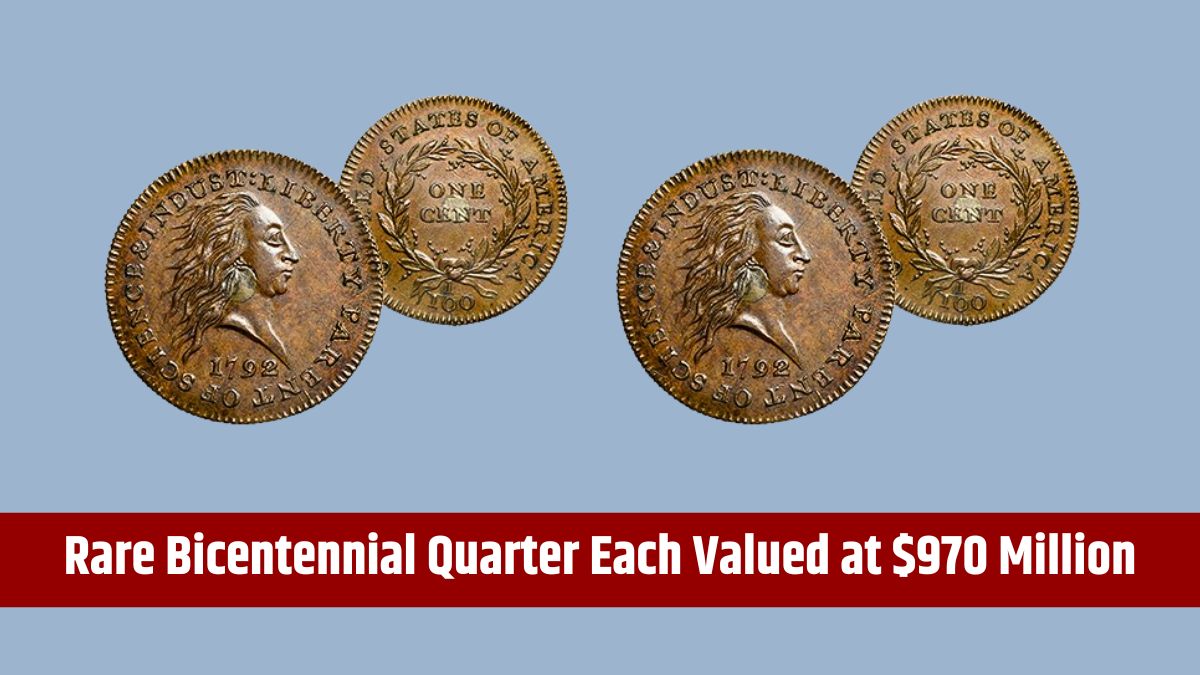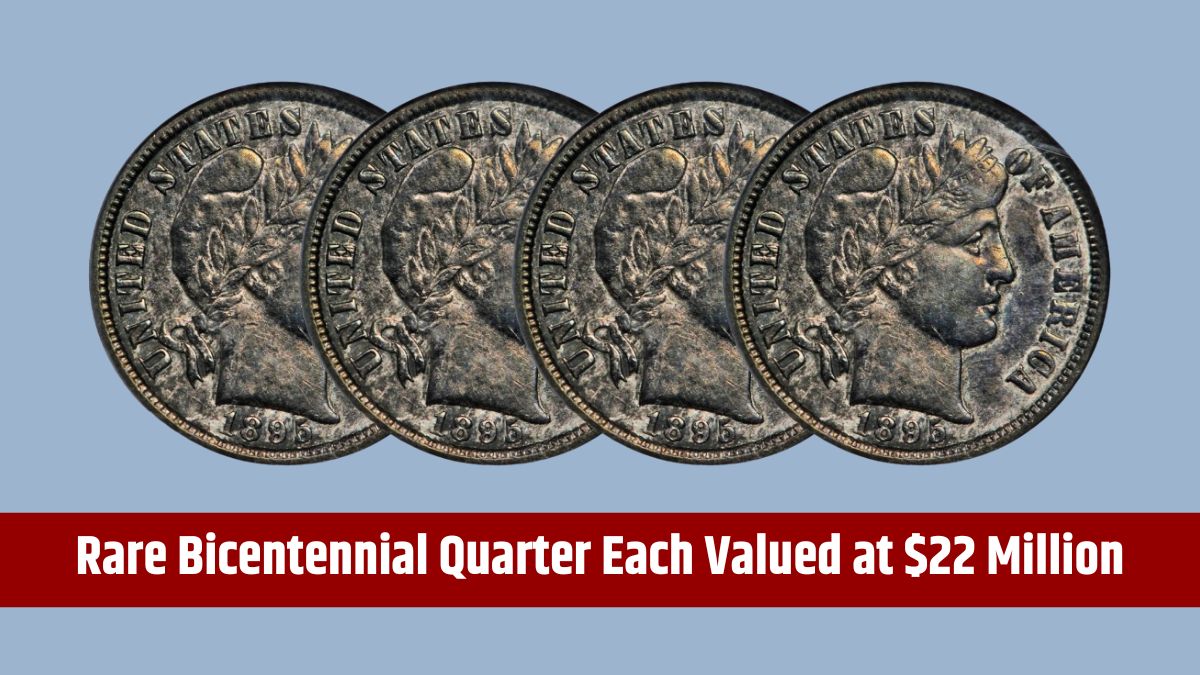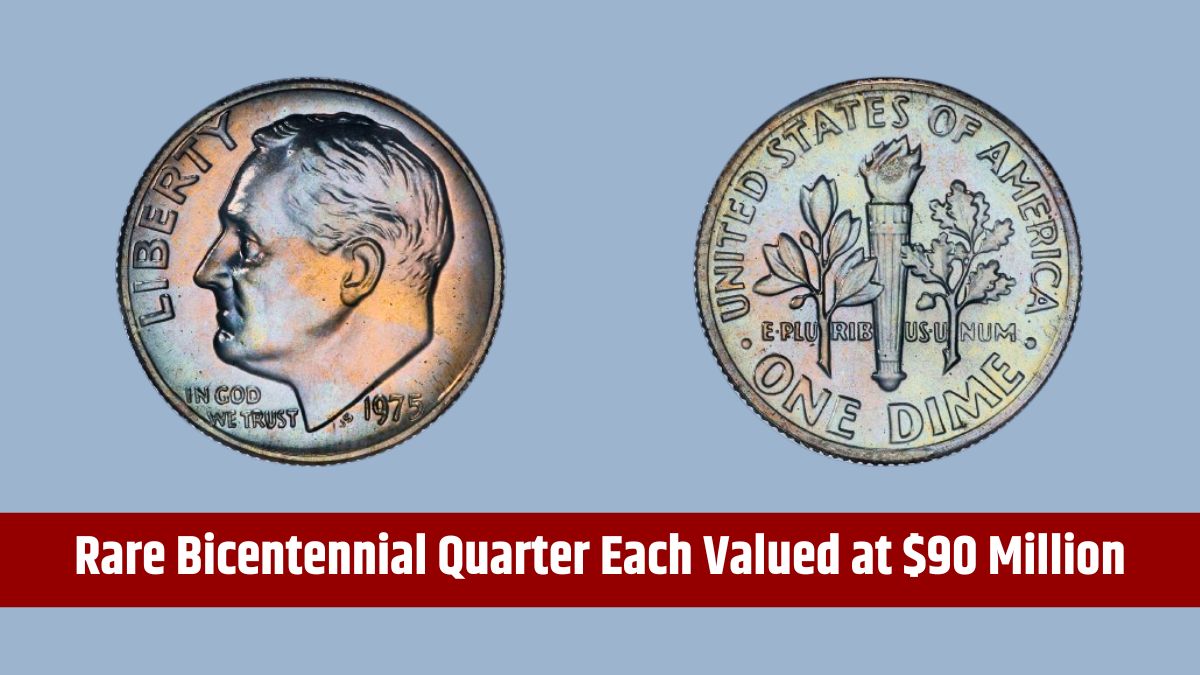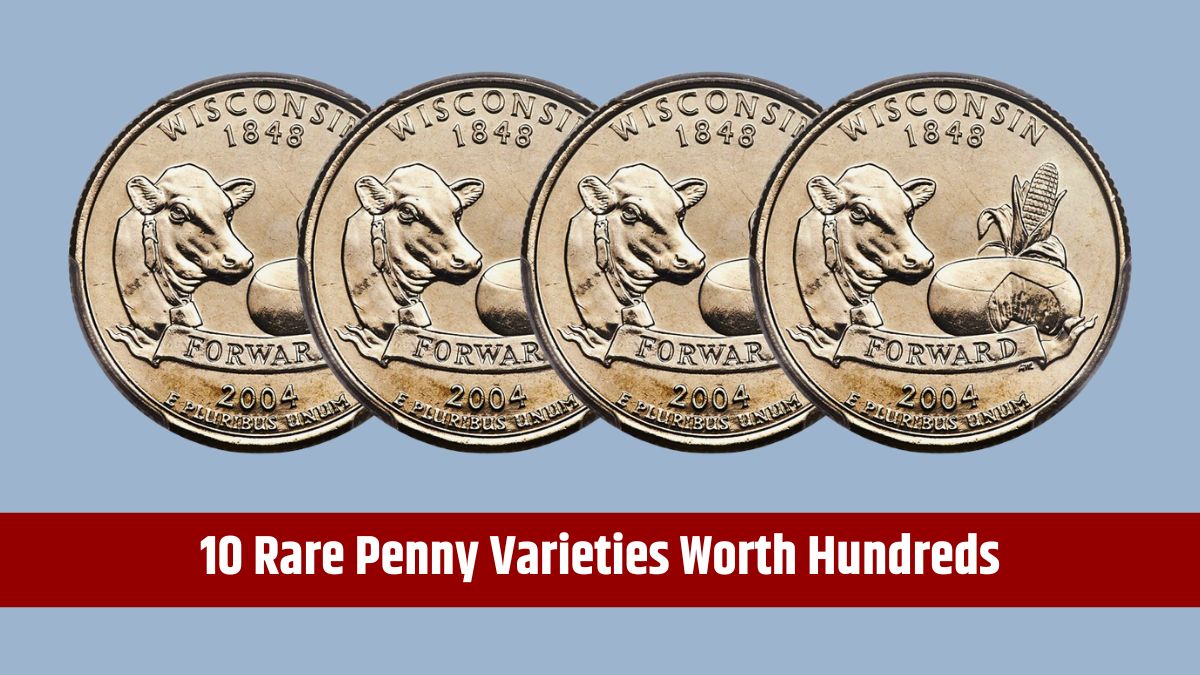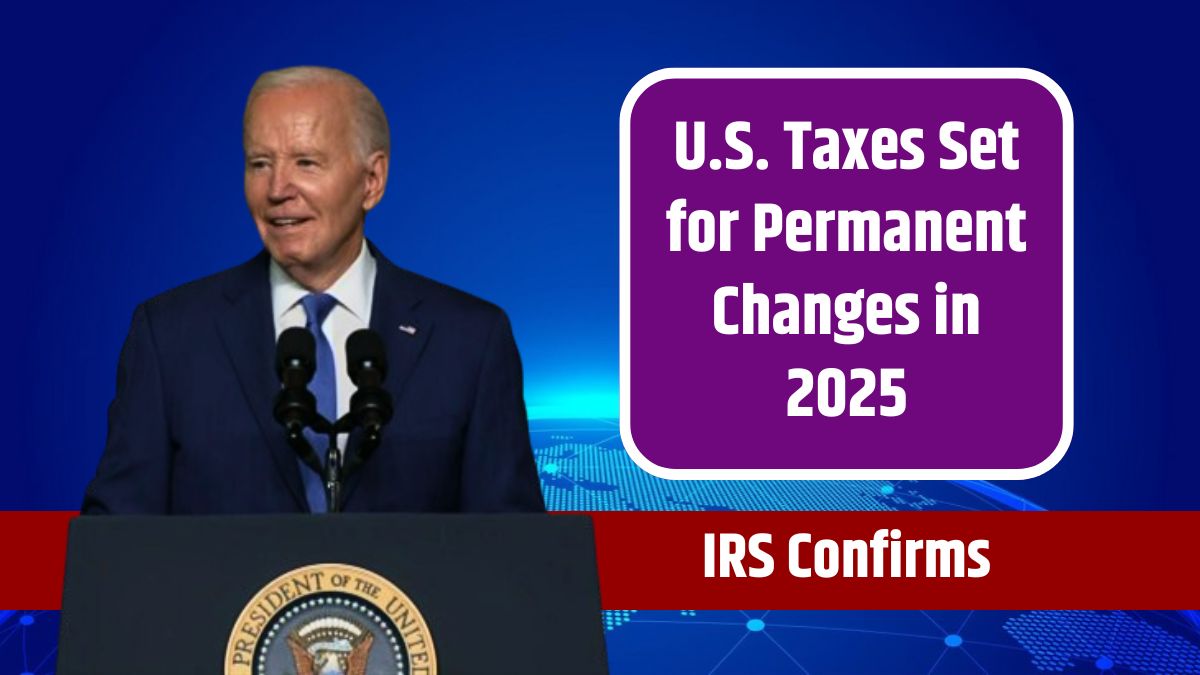Personal Independence Payment (PIP) is a critical support program in the UK for individuals with disabilities, assisting them with essential living expenses. Currently, PIP benefits are distributed as cash payments.
However, the Department for Work and Pensions (DWP) has proposed significant changes, including replacing monthly cash benefits with vouchers or grants aimed at streamlining assistance and ensuring the benefits are used for their intended purpose.
Key Details
The DWP has outlined plans to replace direct cash PIP payments with vouchers, one-off grants, or a receipt-based system. The rationale behind this change is to help beneficiaries manage their expenses more effectively and ensure that financial aid is directly used for disability-related needs. The benefits of the voucher system, according to the DWP, include:
- Targeted Usage: Vouchers can only be used for approved purchases, ensuring that funds go directly toward essential items and services.
- Resource Allocation: By using a controlled voucher system, the government can better manage the resources allocated to disabled individuals.
- Cost Management: This approach allows for more effective cost oversight, potentially reducing misuse and fraud.
Labour Government’s Stance
While the voucher system has been met with mixed reactions, the Labour Government has not shown intent to oppose the proposed changes from 2025. Discussions regarding the implementation paused due to elections, but there is no indication that the Labour administration will reverse the decision if it takes effect.
Potential Impact on Beneficiaries
Estimates indicate that around 424,000 individuals could lose cash payments valued at over £400 per month once the new system is implemented. This change could significantly alter how disabled individuals access and manage their benefits. Approximately 1.4 million residents may shift from receiving cash to utilizing a voucher-based system.
Benefits
- Reduced Misuse: Vouchers are designed to be used specifically for essential needs, reducing the risk of funds being diverted for non-essential purposes.
- Directed Assistance: The new system ensures that resources are allocated directly to areas that can enhance the well-being of disabled recipients.
- Budget Management: The government can monitor and control expenditure more effectively, ensuring funds are used as intended.
Concerns and Criticism
- Limited Flexibility: One of the significant criticisms is that vouchers may not cover all individual needs, leading to unmet requirements that cash payments currently fulfill.
- Stigma: The use of vouchers could create social stigma, as individuals may feel judged for relying on disability benefits.
- Diverse Needs: The one-size-fits-all approach may not cater to the varied and unique needs of disabled individuals, which cash payments are more flexible in addressing.
Eligibility
To qualify for the proposed PIP voucher system, individuals must meet existing eligibility requirements, which include:
- Age Requirement: Claimants must be between 16 and 66 years old.
- Residency: Applicants should have lived in England, Scotland, or Wales for at least two to three years.
- Long-Term Disability: Individuals must have a condition that significantly impacts their daily living or mobility for an extended period.
- Proof of Disability: Medical documentation and certified reports must be provided as part of the application process.
Eligibility criteria may change with program updates, so it’s essential for claimants to monitor official UK government websites for the latest information.
Application Process for PIP Vouchers
Claimants can apply for PIP vouchers through the existing application platform:
- Online Submission: Complete the PIP application form on the official website.
- Document Submission: Submit all required documentation, including certified medical reports.
- Approval Notification: Applicants will be informed about their claim status after validation.
The proposed shift from cash PIP payments to a voucher-based system is intended to provide more targeted support and efficient use of resources. While it offers potential benefits, such as reducing misuse and ensuring essential expenses are covered, it raises concerns about flexibility, stigma, and meeting diverse needs.
The Labour Government’s apparent acceptance of this plan indicates that changes may come into effect as early as 2025. Beneficiaries should stay informed about the evolving guidelines and updates from the DWP.
FAQs
What is the PIP voucher system?
A proposed replacement for cash PIP payments with vouchers or grants.
Why is the PIP payment system changing?
To ensure benefits are used for disability-related needs and reduce misuse.
How many people might be affected by the change?
Around 1.4 million could shift to vouchers, and 424,000 may lose £400/month.
Will the Labour Government oppose the change?
No, they have not indicated plans to block the proposal for 2025.
What are some criticisms of the voucher system?
Concerns include limited flexibility, stigma, and unmet diverse needs.







